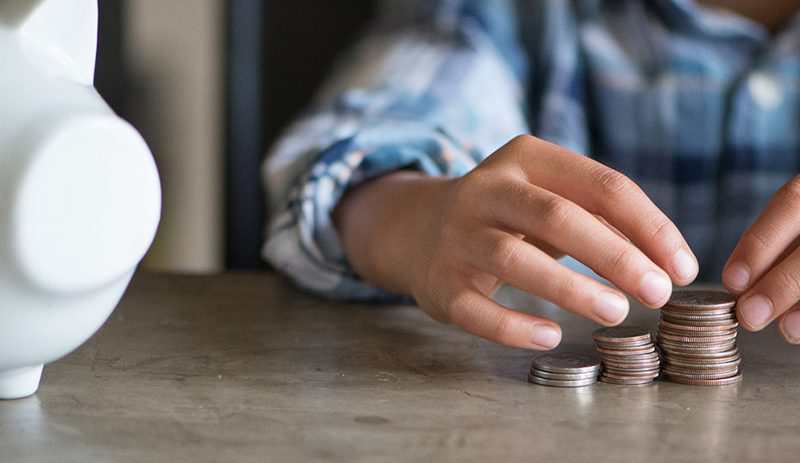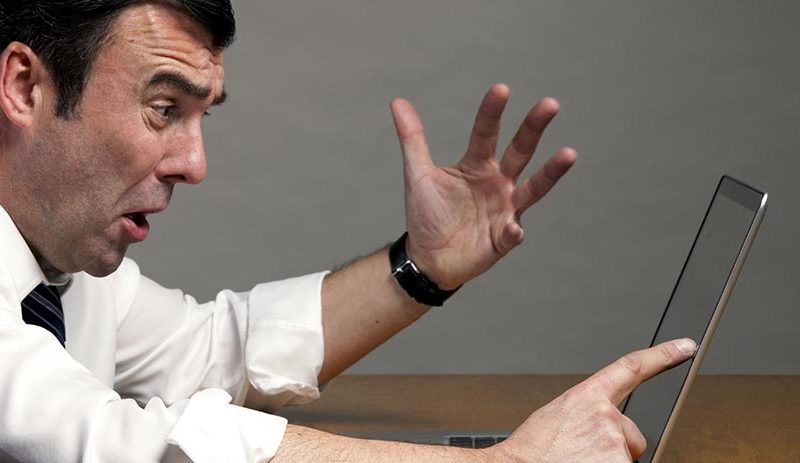Free money, anyone? Cash in with KiwiSaver
Have you got your free five hundy for the year yet? That’s $521 free money of yours sitting at the Inland Revenue Department (IRD) waiting for you to claim it. Here’s how to milk your KiwiSaver.
The big five hundy
What? Yes, every single person in the country aged over 18 can get $521 a year back from the government. But you’ll need to be in KiwiSaver to get this tax credit (read more on the IRD website).
When you sign up and start contributing, the government tops up your savings at 50c to the dollar for every buck you bang into your KiwiSaver, up to $1,042 each year. There aren’t many times in your life when you see any of your tax come back to you, so take advantage of it.
If you earn $34,762 or more and contribute the minimum 3 per cent to KiwiSaver, then you’ll qualify for your big five hundy without even having to think about it. But if you aren’t contributing at least $1,042 each year, you’ll need to top it up.
If you’re 25 now and make your minimum contributions every year that annual chunk of free money will grow to around $50,000 by the time you retire. (Imagine how many fancy holidays, dinners out, and other fun you could have with that money.)
You don’t even have to work to get your five hundy; you only have to be 18 to qualify. If you’re a student, stay-at-home parent, unemployed, on sickness benefit, or only work part time, you still qualify so long as you deposit up to $1,042 into your KiwiSaver before the end of June. You can do it using your online banking and paying the money to the IRD with the word ‘KiwiSaver’ in the reference.
But wait, there’s more
If you work and you’re not in KiwiSaver, your employer is pocketing three per cent extra pay that could be lining your KiwiSaver. That’s because Kiwi employers have to match your contributions up to three per cent of your pay.
To qualify you need to join KiwiSaver and commit three per cent of your income to your retirement savings. We know it can be it hard to give up what feels like three per cent of nothing on a low salary! But that three per cent is relative small and will have a huge impact on your financial future. So try your absolute best to juggle your spending to do it. You’ll be grateful later when you go to buy your first home, or kick back and relax at age 65.
Wait: there’s even more!
There’s a whole lot more ‘free’ money up for grabs year after year. This is the really smart bit. Money invested in KiwiSaver grows little by little by little and before you know it doubles and doubles again.
Because the earnings on your KiwiSaver are automatically reinvested they compound over time. Famed brainbox Albert Einstein called compound interest the “eighth wonder of the world”. It’s a bit like a snowball, which given time gets bigger and bigger if it keeps rolling.
If you keep at it, you might even become a KiwiSaver millionaire on money you might have blown otherwise. Who can complain about that?
Oh, and one last thing
Wanna buy your first home? After at least three years of saving in KiwiSaver you’ll be up for more free moolah called a HomeStart grant. After five you could get a free grant of $5,000 per person or $10,000 for a couple to buy your first home, or double that if you’re buying a brand new property. There are of course some rules, which you can read about here.
What you need to do now (before June 30)
You’ve probably heard all the excuses of why people haven’t joined KiwiSaver: “I don’t trust the government”, “I’m too poor”, “there’s no kick-start any more”, “I’ll never live to 65”, and so on. Don’t be fooled. There’s too much to lose by not joining.
Repeat after me: “I want free money, and I’m going to open a KiwiSaver account today / top up my contributions / restart my contributions.” You can do it without going bonkers just by by controlling your frivolity money, and sending a bit of it over to KiwiSaver.
- Post Tags:
- KiwiSaver
- retirement
Credit Simple
Credit Simple gives all Kiwis free access to their credit score, as well as their detailed credit report. See how your credit score compares by age, gender and community and gain valuable insights into what it all means.
All stories by: Credit Simple


